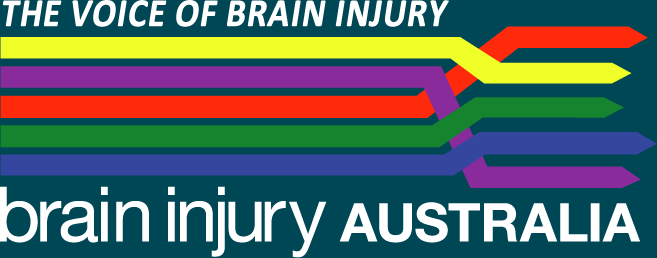Alcohol related brain injury
Alcohol acts as a toxin in the body and the long term misuse of alcohol can cause damage to brain tissue. Brain injury can be caused by alcohol because it:
- Has a toxic effect on the central nervous system (CNS)
- Results in changes to metabolism, heart functioning and blood supply
- Interferes with the absorption of vitamin B1 (thiamine), which is an important brain nutrient
- May be associated with poor nutrition
- Can cause dehydration, which may lead to an inability of brain cells to work properly
- Can lead to falls and accidents that injure the brain
Just how much damage is done depends on a number of factors. These include individual differences, as well as the person's age, gender, nutrition and their overall pattern of alcohol consumption. Alcohol related brain injury is more likely to occur if a person drinks heavily on a regular basis over many years. It is also possible to develop ARBI over a short period of time, if the drinking is excessive enough. This is known as ‘binge drinking' or ‘heavy episodic drinking' and is a short term, high-risk manner of drinking alcohol. A younger person has a better chance of recovery, however the effects of ARBI can be permanent for many sufferers.
More than 2,500 Australians are treated for ARBI every year, and it is estimated that there are approximately 200,000 Australians currently undiagnosed. Around two million Australians are potentially at risk of developing ARBI due to their drinking habits.
Source: www.betterhealth.vic.gov.au
More information
Arbias Ltd
Arbias Ltd is a not-for-profit national company that provides specialist services in alcohol and other substance related brain impairment.
Victorian Government Department of Health
Better Health Channel Alcohol related brain impairment: Fact Sheet![]() The above information is based in this face sheet and information from the Brain Injury Rehabilitation Directorate
The above information is based in this face sheet and information from the Brain Injury Rehabilitation Directorate
